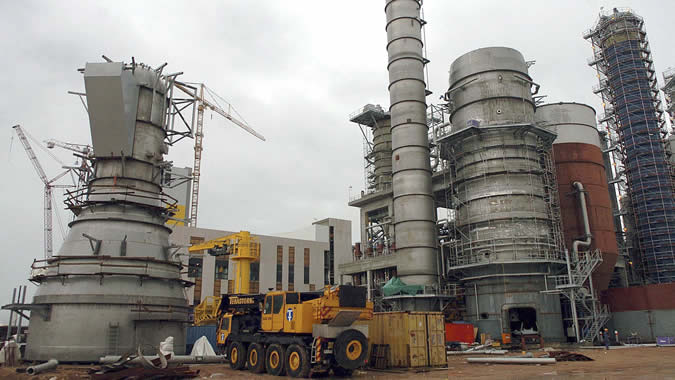Press Release
In Buenos Aires on 24 and 25 April, the Economic Commission for Latin America and the Caribbean (ECLAC) held a Seminar-workshop on production structure, institutions and economic dynamics, which was attended by Deputy Executive Secretary, Antonio Prado.
The meeting was also attended by the Director of the Buenos Aires Office, Martín Abeles, various other ECLAC officials and economists working in universities, research centres and public institutions in Argentina.
Antonio Prado stated that "macroeconomic policy must be linked with the development process".
According to the senior ECLAC official, this is crucial "for the design and implementation of political, social and institutional transformations needed to build on the improvements experienced by the region in the decade from 2000, and convert them into the beginnings of a steady and sustainable development process".
The seminar tuned into some of the region's problems that are currently of interest to academics, such as the difficulties of unbalanced production structures based excessively around the exploitation of natural resources, weak economic integration processes, the ongoing issue of external constraints on growth and the overexposure to international liquidity cycles.
Among other topics, participants discussed the possible impact of any external shocks on various types of identifiable production structure in the region, whether the real exchange rate is a key variable in the production diversification strategy, and whether there is potential to boost trade and production integration processes.
The meeting also discussed whether the monetary regimes currently popular in the region are consistent with the need to boost growth and preserve the external balance of economies, as well as the role played by central banks in this context (from the viewpoint of development financing).



